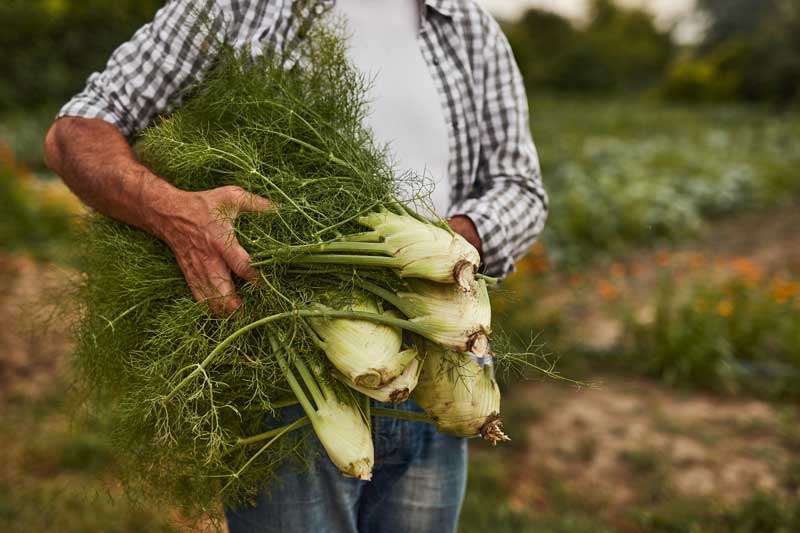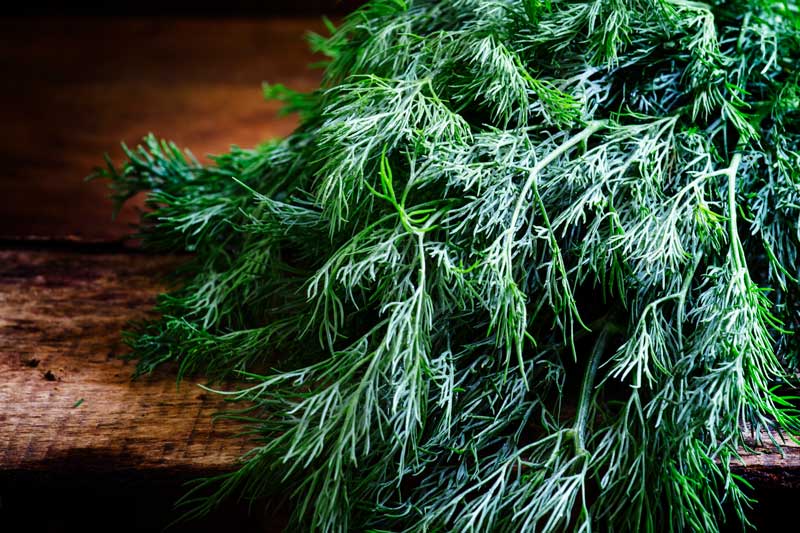Dill, an easily cultivable herb in your garden, differs slightly in taste from fennel. Thriving in full sunlight, it typically takes about eight weeks to reach full maturity.
While dried dill is available in the spice section of your local grocery store, fresh bunches can be found in the produce section, boasting a stronger flavour than its dried counterpart.
Research indicates that dill can aid in managing diabetes, with studies suggesting its potential in both managing existing type 2 diabetes and preventing its onset. This is attributed to the presence of the bioactive compound Eugenol in dill leaves, which exhibits potent anti-diabetic properties, regulating blood sugar levels.

Beyond its role as an appetiser, fresh dill is known for its exceptional digestive qualities, notably reducing gas formation, bloating, and abdominal discomfort. Its fibre content aids in promoting bowel movement, alleviating constipation, while its antacid properties help prevent excess stomach acid formation, treating indigestion and ulcers.
Dill’s analgesic, anti-inflammatory, and pain-relieving properties make it a valuable remedy for arthritis, joint pain, muscle spasms, and sore muscles.
Rich in flavonoids, dill is associated with a reduced risk of heart disease and stroke, in addition to being a good source of vitamins A and C, as well as calcium.


